More Than Just Superheroes: Why the Fantastic Four Remain Relevant and Loved by Fans
Muhe - Tuesday, 29 July 2025 | 10:00 PM (WIB)
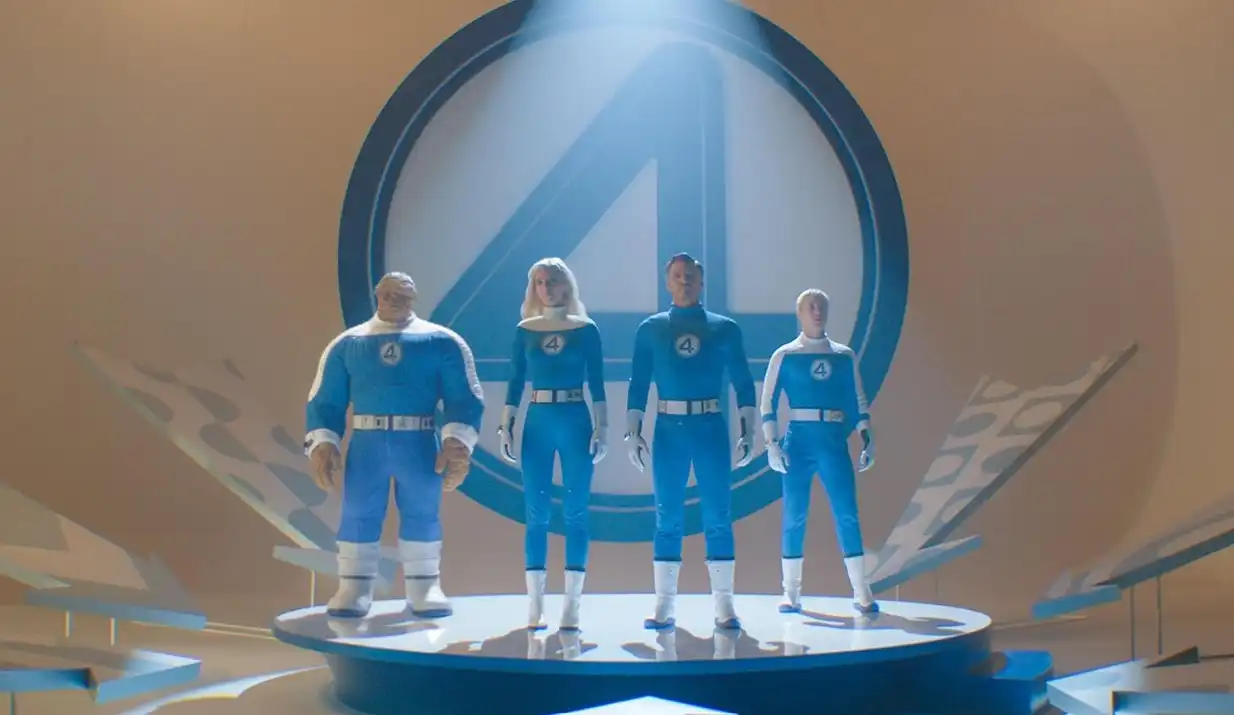

It's a Family Affair, Not Just a Team
Let's be real, most superhero teams operate like highly efficient, super-powered militaries or elite clubs. The Avengers, the Justice League – they're colleagues first, friends second (maybe). The Fantastic Four? They're family. Literally. Reed and Sue are married, Johnny is Sue's younger brother, and Ben is Reed's best friend, practically an uncle figure. This dynamic is their true superpower. You see them bickering over dinner, celebrating birthdays, struggling with bills, and navigating the messy complexities of life, all while saving the universe from cosmic threats. It’s a vibe. They fight, they forgive, they annoy each other, but at the end of the day, their bond is unbreakable. This relatability, this very human element of domesticity fused with cosmic adventure, makes them incredibly endearing. Who hasn't squabbled with a sibling or felt their partner was a little too focused on work? It makes them feel like us, but with superpowers.The World's Greatest Explorers, Not Just Fighters
While plenty of heroes are busy punching villains into next week, the Fantastic Four often find themselves doing something far more intriguing: exploring. Reed Richards, the brilliant, stretchy polymath, isn't just a scientist; he's an explorer of the unknown. Under the visionary pens of Stan Lee and Jack Kirby, the Fantastic Four weren't just reacting to threats; they were actively seeking out new dimensions, uncharted galaxies, and microscopic worlds. They gave us the Negative Zone, the Skrulls, and perhaps most famously, Galactus and the Silver Surfer. They introduced us to concepts so mind-bendingly vast that they expanded the very scope of the Marvel Universe. This spirit of discovery, of pushing the boundaries of what's possible, taps into a fundamental human curiosity. It’s not just about good versus evil; it’s about humanity’s endless quest for knowledge and understanding, dressed up in fantastic sci-fi spectacle. Talk about a glow-up for the superhero genre!Flaws and Humanity: The Ultimate Relatability
No one wants a perfect hero. Flaws make characters compelling, and the Fantastic Four are chock-full of them. Ben Grimm, the Thing, is perpetually trapped in a monstrous, rock-hard body, a tragic figure yearning for his humanity. His internal struggle, his self-pity, and his often gruff exterior hide a heart of gold. Johnny Storm, the Human Torch, is the quintessential hothead – impulsive, immature, and prone to showing off, but fiercely loyal. Sue Storm, the Invisible Woman, often struggles to assert her own identity and power, pushing past the shadow of her brilliant husband. And Reed Richards, Mister Fantastic, for all his genius, is often emotionally distant, prioritizing science over family, a classic trope of the brilliant but absent-minded professor. These imperfections, these very human struggles, ground them. We see ourselves in their anxieties, their doubts, their petty arguments, and their unwavering love for each other. They’re super-powered, sure, but they’re also just folks trying to figure things out, just like us.A Legacy of Innovation and Influence
The Fantastic Four weren't just popular; they were revolutionary. Their arrival in 1961 is widely credited with kickstarting Marvel's unique brand of grounded, character-driven superheroics. Before them, heroes were often larger-than-life, stoic figures. The Fantastic Four introduced bickering, vulnerable, and genuinely flawed individuals. They proved that superhero comics could be about more than just punching baddies; they could explore complex scientific concepts, deep emotional drama, and even existential philosophy. Their rogues' gallery, especially Doctor Doom, isn't just a collection of villains; they are often complex, tragic figures themselves, pushing the boundaries of what an antagonist could be. Doom, in particular, is less a villain and more a dark reflection of Reed Richards – a genius consumed by pride and a warped sense of justice. Their stories set the stage for the entire Marvel Universe as we know it, paving the way for the X-Men, Spider-Man, and the Avengers to follow their lead.So, why do the Fantastic Four remain so relevant and loved? It’s not about flashy powers or epic battles, though they have plenty of those. It’s about family. It’s about the spirit of adventure and discovery. It’s about messy, flawed, relatable people trying to do their best in a world (and a universe) that constantly throws curveballs their way. They are a testament to the idea that the greatest superpower isn't strength or flight, but the bonds we forge and the humanity we hold onto. And honestly, in an ever-complex world, seeing a family of super-powered explorers navigate life's challenges with wit, heart, and a whole lot of elasticity? That’s something truly fantastic.
Sabrina Carpenter: The Unseen Layers Beneath the Pop Princess Crown
6 months ago
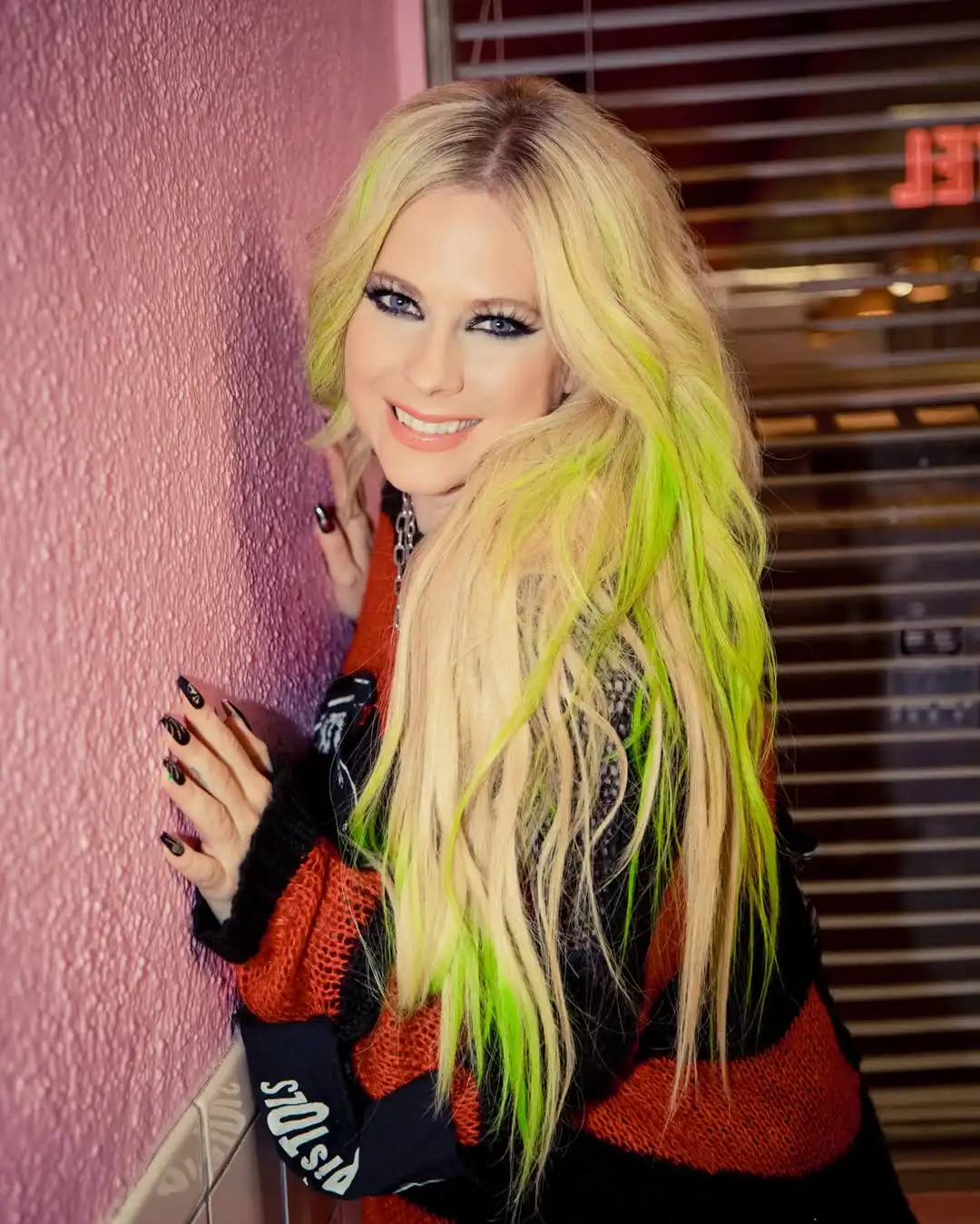
Avril Lavigne Back in the Limelight: High-Profile Collaborations, World Tours, and Conspiracy Rumors
6 months ago

Taylor Swift Breaks Instagram Record on Engagement Post
6 months ago
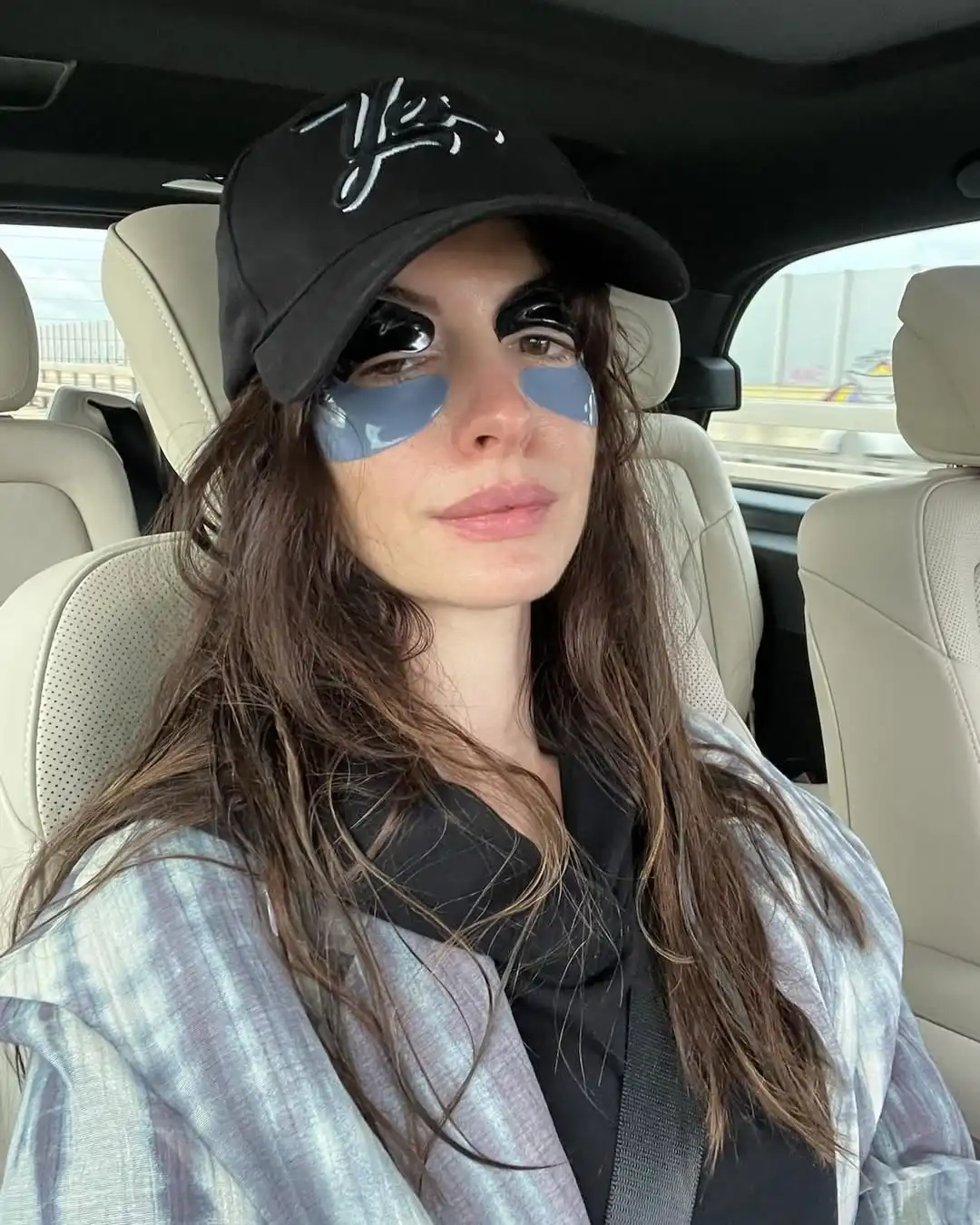
Anne Hathaway in the Spotlight During the Filming of The Devil Wears Prada 2
6 months ago
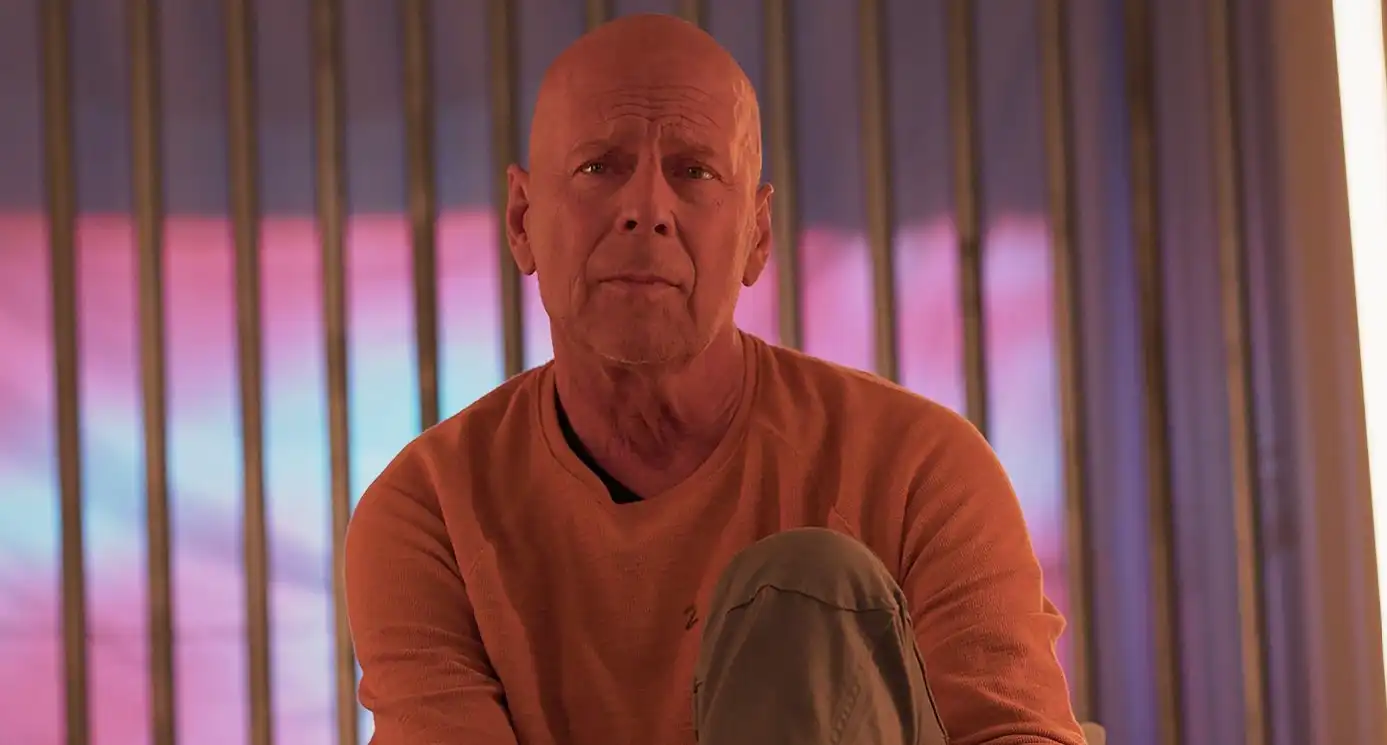
Bruce Willis and His Family's Dementia Struggle
6 months ago

The Engagement Watch: Why Taylor Swift and Travis Kelce Are Keeping Us All on the Edge of Our Seats
6 months ago
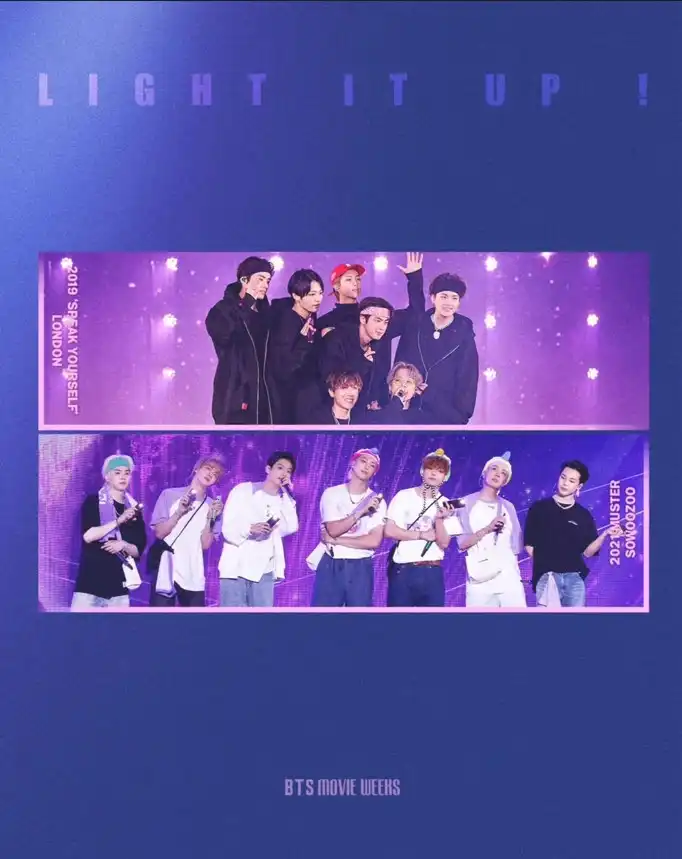
BTS Shines Again: Reunion, Return, and Recent Activities
6 months ago

Game On, Love Story: How Travis Kelce and Taylor Swift Rewrote the Playbook for Sports and Entertainment
6 months ago

Taylor Swift and Travis Kelce Engaged: A Love Story in the Spotlight
6 months ago

Idol Star Athletics Championships (ISAC) 2025: Viral Moments, Controversy, and Excitement in the Idol Arena
6 months ago
